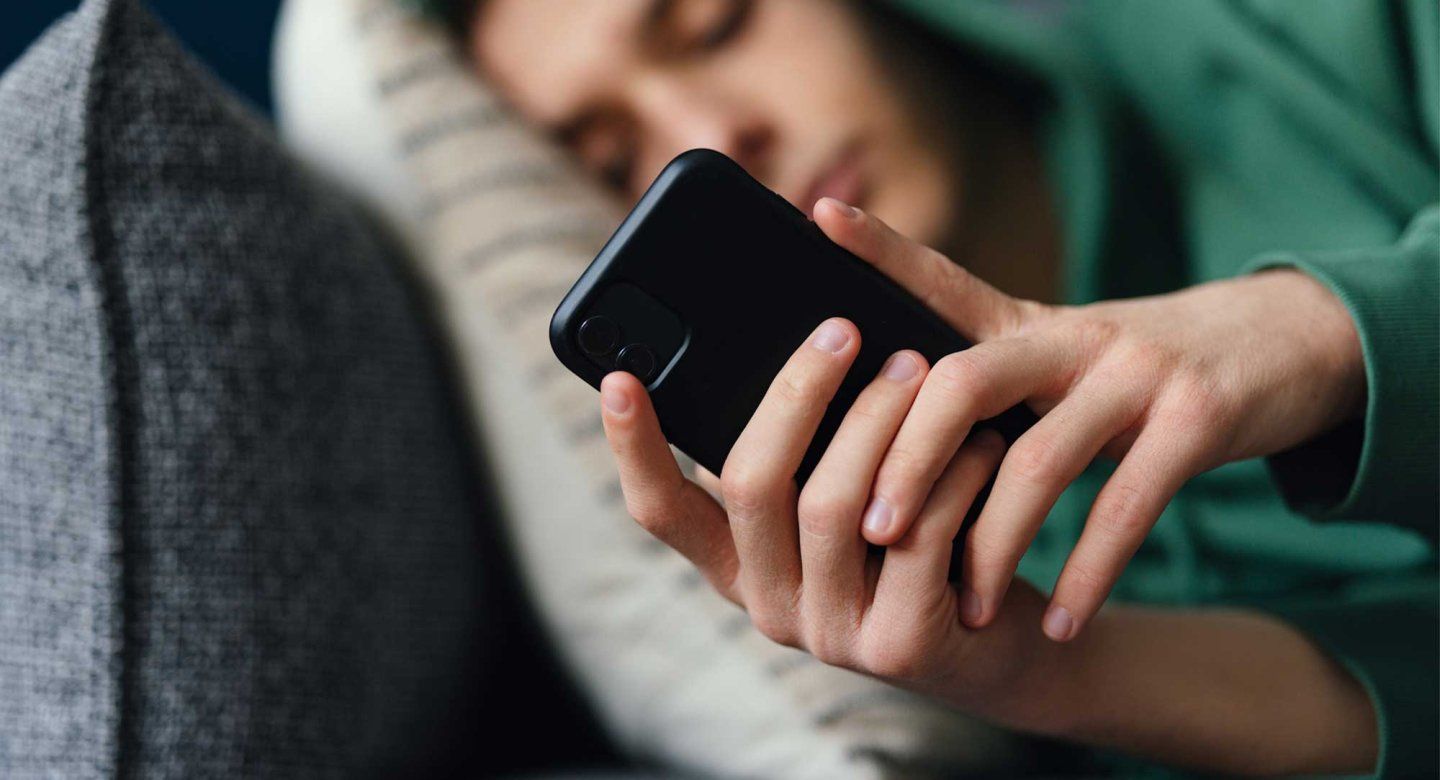How – and Why – to Reset Your Kids’ Screen Use for Summer
New research shows short- and long-term health effects from too much screen time.
The long, warm days of summer unlock countless opportunities for fun and make the school break a great time to re-calibrate family rules around screen use. UCSF Benioff Children’s Hospital pediatrician and screen time researcher Jason Nagata, MD, shares why regulating screen time is important for your kids’ short- and long-term health and offers tips on building a routine that balances screens with sleep, exercise and socialization.
His recent research – published in multiple journals over the last couple of years – probes the effects of screen time on sleep, nutrition, body mass index (BMI) and step count on adolescents. One retrospective study of teen screen time in the 1990s – mostly TV watching – looked at the corresponding risk of diabetes and heart disease in adults decades later.
The research raises concerns about too much screen time and kids’ health, Nagata says.
What were the long-term health impacts you found in the study on kids in the 1990s?
We followed kids, 11 to 18 years, from the 1990s for 24 years and found the more time they spent on screens, the more likely they were to have diabetes, a higher BMI, and a thicker waist, which puts them at risk of heart disease. Other research from the 1980s found greater TV viewing in youth was linked to hypertension, obesity, diabetes, stroke and heart attacks decades later.
What did you find about nutrition and screens?
The more TV, video games and YouTube adolescents watched, the less they ate brain-healthy and heart-healthy foods like fish, berries, veggies and whole grains. Also, kids had an escalating BMI for each hour of screen time. Maybe they absent-mindedly snacked more while on screens and weren’t hungry for healthy food when mealtime came around. Or perhaps they saw more ads for junk food.
Can exercise counteract the negative health impacts of screen time?
Kids can somewhat offset their risk of obesity or high BMI by increasing their step count up to about eight hours a day of screen use. However, once they hit more than eight hours a day of screens, it is very difficult to offset the risk, even with a high step count. It’s almost like a point of no return, and we’re not sure why yet.
How do screens disrupt sleep?
We found almost two-thirds of 11- to 12-year-olds had electronics in the bedroom. Of those who did, 17% said they were woken up in the past week by notifications going off. They also had more trouble falling asleep and staying asleep.
How does disrupted sleep negatively impact health?
Research has found tweens who get less than the recommended nine hours a day have more mental and behavioral health challenges, including depression, impulsivity, anxiety and aggressive behavior. They also had impaired cognitive function in areas like decision-making, conflict-solving, memory and learning.
Given all these findings, what are your top tips for healthy screen use in kids?
No screens in the bedroom, where they can disrupt sleep, and no screens at mealtime, where they can distract from good food choices and connecting with family. That goes for everyone: Kids mimic their parents’ screen behavior. Consider limiting the hours per day kids are on screens and creating opportunities for social exercise with family and friends, like swimming, hikes, biking or a nighttime walk. And don’t stress too much: Screens aren’t inherently bad. We just need to use them mindfully to minimize harms and maximize benefits.
Given all these findings, what are your top tips for healthy screen use in kids?
No screens in the bedroom, where they can disrupt sleep, and no screens at mealtime, where they can distract from good food choices and connecting with family. That goes for everyone: Kids mimic their parents’ screen behavior. Consider limiting the hours per day kids are on screens and creating opportunities for social exercise with family and friends, like swimming, hikes, biking or a nighttime walk. And don’t stress too much: Screens aren’t inherently bad. We just need to use them mindfully to minimize harms and maximize benefits.
